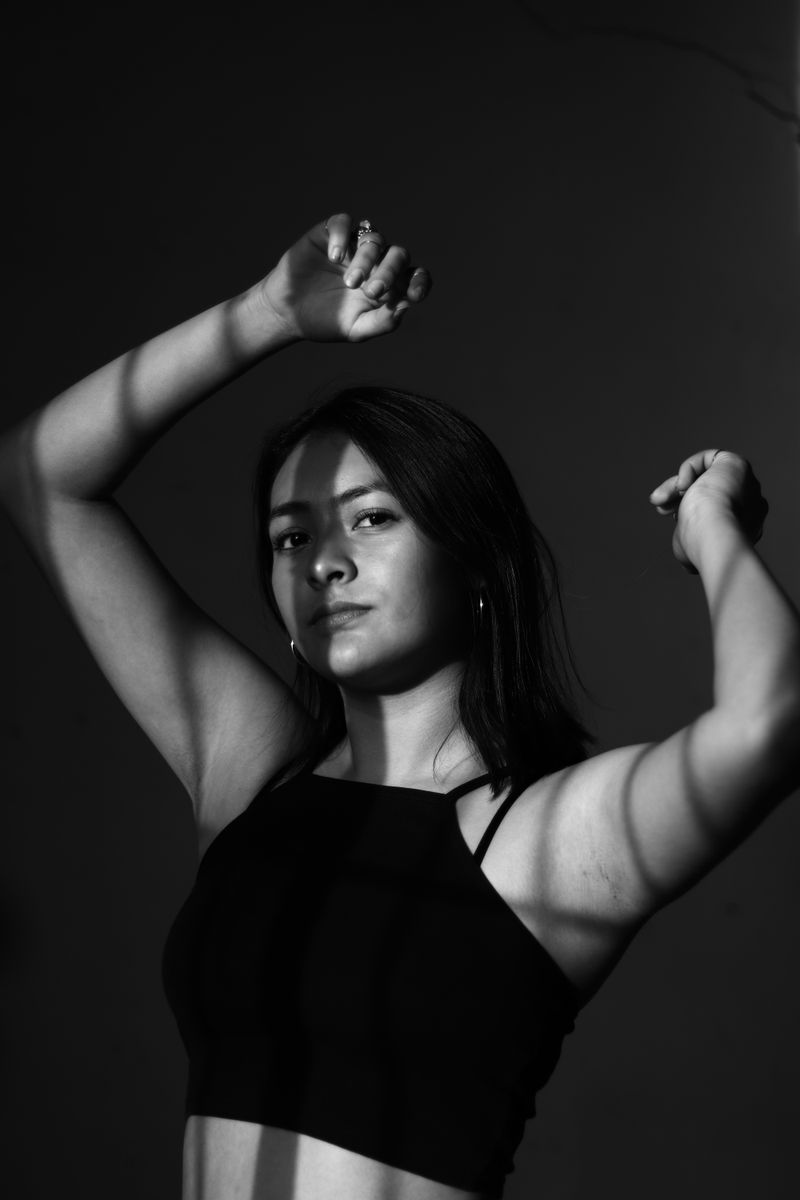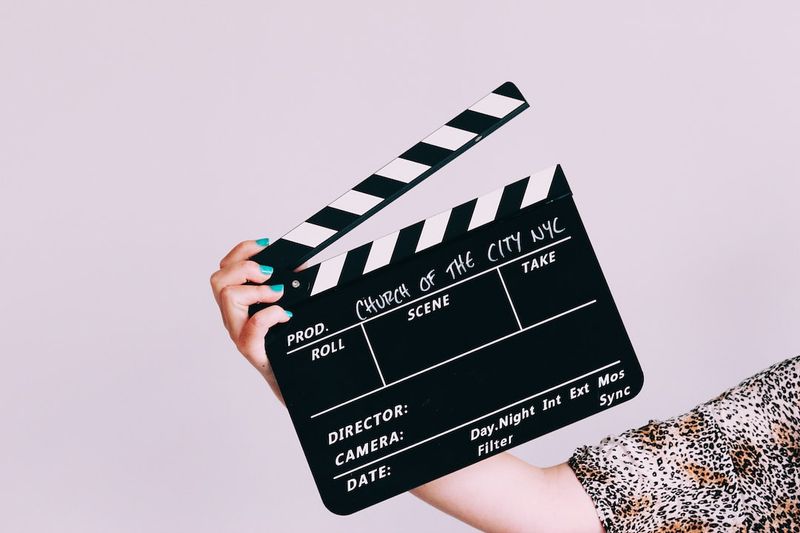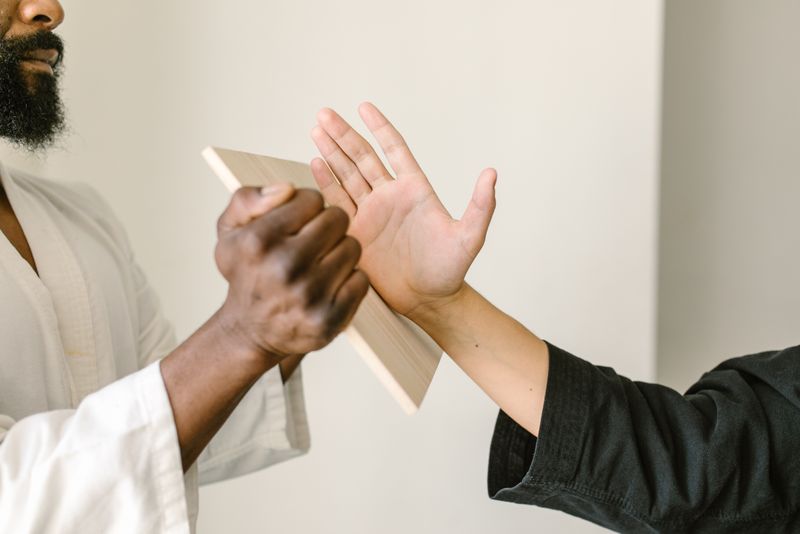The Mystery That Ended Two Women’s World Cup Dreams
The Background
Aminata Diallo, a 28-year-old French soccer player, found herself caught up in a scandal reminiscent of the infamous Tonya Harding-Nancy Kerrigan incident from the 1994 Winter Olympics. Diallo’s teammate at Paris St.-Germain, Kheira Hamraoui, was attacked in a similar manner to Kerrigan, and Diallo was eventually charged with aggravated assault in the attack. The case, which remains unresolved, has had far-reaching consequences, including strained relationships, divorces, and career setbacks for both athletes. The police’s case against Diallo is based on text messages, web searches, and the claims of the men charged in the assault. However, Diallo and her legal team maintain that the charges are the result of a desperate police force looking for convictions in a high-profile case.
Philosophical Discussion
The case of Aminata Diallo and Kheira Hamraoui raises important moral and philosophical questions about justice, race, and professional rivalry in the world of sports. The parallels with the Tonya Harding-Nancy Kerrigan incident remind us of the complexity of human motivations and the impact of external influences on individuals’ lives. The case also highlights the power dynamics present within the sports industry and the challenges faced by women athletes, particularly in male-dominated sports.
Justice and Innocence
The central question in this case is whether Aminata Diallo is guilty or innocent of the charges against her. The lack of clarity and concrete evidence makes it difficult to ascertain the truth. The leaking of details to the French media has tainted public perception and potentially affected the course of the investigation. This raises concerns about the integrity of the justice system and the presumption of innocence. It also underscores the importance of a fair and impartial investigation process that respects the rights of the accused.
Race and Gender in Sports
Aminata Diallo’s assertion that her race and working-class background have influenced the investigations and media coverage of the case raises important questions about racial and class biases in sports and society at large. The assumption of guilt based on these factors is a form of discrimination that perpetuates inequality and denies individuals the opportunity to prove their innocence. This case serves as a reminder of the challenges faced by Black women in sports and the need for greater inclusivity and equality within the industry.
Professional Rivalry and Its Consequences
The incident between Diallo and Hamraoui highlights the intense competition and rivalries that exist within the world of sports. The pursuit of success and recognition can sometimes lead individuals to make questionable decisions and resort to unethical or even criminal behavior. The fallout from this incident has not only affected the two athletes involved but also their teammates, friends, and families. It serves as a cautionary tale about the importance of maintaining healthy competition and fostering a supportive environment within professional sports.
Editorial and Advice
The unresolved nature of the case and its implications for the careers and lives of Aminata Diallo and Kheira Hamraoui call for a fair and thorough investigation to ensure justice is served. The authorities must consider all available evidence and refrain from making premature judgments that could further harm the reputation and livelihoods of the individuals involved. Transparency and accountability are essential to maintain public trust in the justice system.
Additionally, this case should serve as a wake-up call to the sports industry to address issues of racism, gender inequality, and professional rivalry. Organizations, clubs, and governing bodies need to create a supportive and inclusive environment that prioritizes fair competition and the well-being of athletes. They should also provide resources and support for athletes who experience conflict or harassment and actively work towards eliminating discrimination in all its forms.
Finally, the media has a responsibility to report on this case objectively and responsibly. Sensationalism and prejudiced coverage can perpetuate harmful stereotypes and further damage the lives of the individuals involved. Journalists should prioritize fairness, accuracy, and compassion in their reporting, recognizing the impact their words can have on people’s lives.

<< photo by Omar Luis >>
The image is for illustrative purposes only and does not depict the actual situation.
You might want to read !
- Key to Victory: Keys Defeats Kasatkina for Second Eastbourne Title
- Lionesses Squander Lead to Draw Against Portugal in World Cup Farewell
- England 0-0 Portugal: A Promising But Goalless Match in Women’s World Cup Warm-up
- “Live Coverage of ICC World Cup Match Between Australia and India: Scores and Updates”
- Ineos Grenadiers Facing Possible Tour de France Flop Without a Leader
- Nathan Lyon’s Calf Injury Casts Doubt on His Ashes Participation
- Caroline Wozniacki’s Comeback: Reigniting the Tennis Fire




